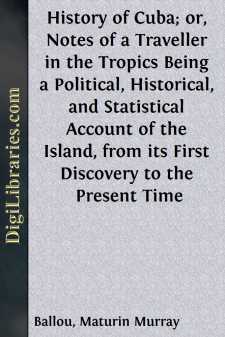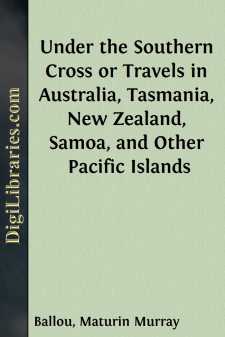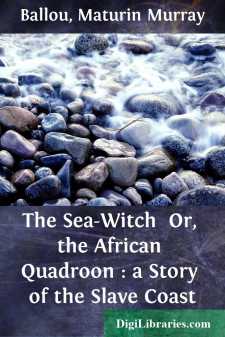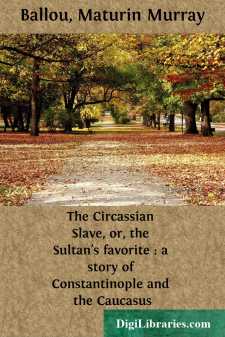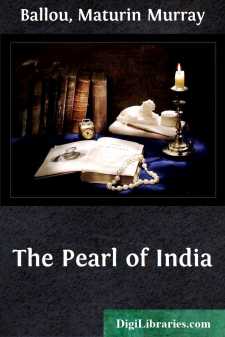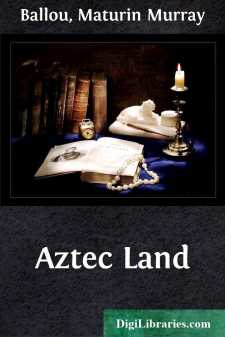Categories
- Antiques & Collectibles 13
- Architecture 36
- Art 48
- Bibles 22
- Biography & Autobiography 813
- Body, Mind & Spirit 141
- Business & Economics 28
- Children's Books 12
- Children's Fiction 9
- Computers 4
- Cooking 94
- Crafts & Hobbies 4
- Drama 346
- Education 46
- Family & Relationships 57
- Fiction 11826
- Games 19
- Gardening 17
- Health & Fitness 34
- History 1377
- House & Home 1
- Humor 147
- Juvenile Fiction 1873
- Juvenile Nonfiction 202
- Language Arts & Disciplines 88
- Law 16
- Literary Collections 686
- Literary Criticism 179
- Mathematics 13
- Medical 41
- Music 40
- Nature 179
- Non-Classifiable 1768
- Performing Arts 7
- Periodicals 1453
- Philosophy 64
- Photography 2
- Poetry 896
- Political Science 203
- Psychology 42
- Reference 154
- Religion 513
- Science 126
- Self-Help 83
- Social Science 81
- Sports & Recreation 34
- Study Aids 3
- Technology & Engineering 59
- Transportation 23
- Travel 463
- True Crime 29
The Story of Malta
Description:
Excerpt
The island of Malta has been known by several significant appellations during the centuries in which it has claimed a place upon the pages of history. In our day it is often called the Queen of the Mediterranean, not only because of its commanding position, dominating, as it were, the coasts of Europe, Asia, and Africa, but also as possessing a degree of historical and present picturesqueness unsurpassed by any land between the Columns of Hercules and the coast of Asia Minor. To the north lie Sicily, Sardinia, and Corsica; to the east are Greece, Turkey, and Syria; and to the southwest is the coast of Barbary; thus forming an amphitheatre of nations. Malta is therefore a pivotal location about which vast interests revolve. The loving, patriotic Maltese proudly call this shadeless island in the middle of the sea, Fior del Mondo,—"the flower of the world." Yet it must be confessed that the downright ignorance of these natives concerning the rest of the globe is appalling. To the critical reader of history it is as much classic ground as Athens or Rome. Situated twenty-five hundred miles from England, the government fully realizes its importance as an effective base of naval and military operations, and as an essential outpost for keeping open the route to India. In fact, Malta is the strongest link in the chain which connects Great Britain with her possessions in the East.
During the Crimean war, it was made an English sanitarium for the sick and wounded who were invalided in that protracted struggle between the Western powers and Russia. We regarded it, after India, as one of the most important of the English dependencies. It is in no sense a colony, but is much more of a military focus than Gibraltar. Naval men consider Malta to be the warden of that great aqueous expanse, embracing nearly a million square miles, which separates the continent of Europe from the northern coast of Africa, the Magnum Mare of the Old World,—a sea whose memorable shores are thickly strewn with bays and cities, each one of which teems with historic and poetic interest. It is not the tranquil and lake-like expanse which it is popularly considered, but is capable of nearly as fierce commotion as the Atlantic. Another property usually but incorrectly attributed to the Mediterranean is that it is tideless, but it actually responds to the same lunar influence that affects the great waters of both hemispheres. The fact of its being so much warmer than the open ocean is probably owing in part to the absence of polar currents. The tide is most noticeable in the Gulf of Venice, where the rise and fall is from three to four feet.
The author, while on a journey round the world, was coming from the East when he first sighted Malta. It was before daylight, early in the spring of the year. A ship's officer pointed out what appeared like a bright star on the horizon, but which soon proved to be the clear, far-reaching fortress-light of St. Elmo, "with strange, unearthly splendor in the glare." It seemed like the eye of a Cyclops peering through the darkness, as though one of Vulcan's workmen, fresh from the fiery furnace beneath Sicilian Ætna, not far away, had come forth to gaze upon the progress of the night.
In seeking to reach Malta from Boston or New York, the island would be approached from the opposite direction. After crossing the Atlantic to England, the most direct route is by the Peninsular and Oriental Steamship Line, by way of Marseilles. These vessels depart every alternate Thursday, and make the passage in eight days, touching at Gibraltar, forming, perhaps, the most economical route. If a land journey is preferred, the steamer can be taken at Naples, where the vessels of this line touch to receive and deliver the regular mails. This charming Italian city can be reached from London by way of Calais, Mont Cenis, and Turin. The island, however, is accessible from England and the continent by many different routes, as the fancy of the traveler may dictate.
So much in the way of introduction it seems proper to state for the information of the general reader.
Malta holds an important place in the records of history as far back as three thousand years ago, during which period the island has been constantly associated with heroic names and startling events, playing a prominent and tragic part in the mighty drama of the past. The transient visitor to the group, however well read, fails to remember its vivid story in detail, and to apply it intelligibly....






